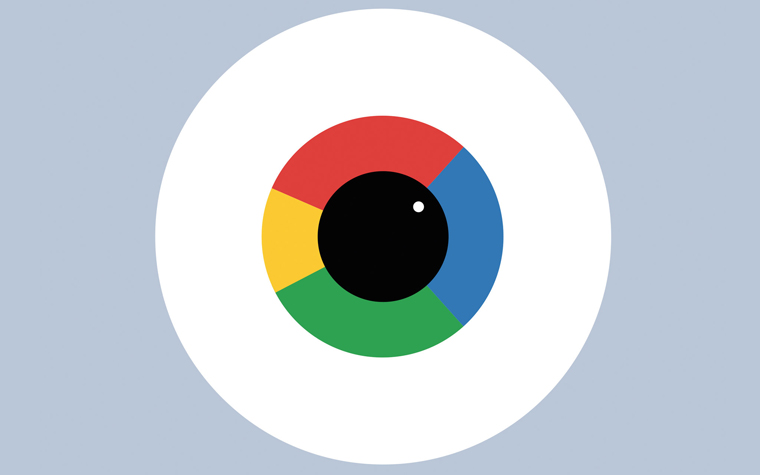
“Good morning Audré,” I murmur, slipping out from under the covers. “Good morning, Larry,” Audré replies, “Do you want me to begin preparing your tea?” “Not yet, thanks,” I mutter, walking to the bathroom. “Lights dimmer please, Audré.” I blink as the illumination drops a notch or two.
My face looks a touch haggard, the bags under my eyes a little puffier than usual. The taste of last night’s garlic still on my tongue, I reach for my toothbrush. “You’re almost out of tooth paste; would you like me to place an order for you, Larry?” Audré pipes up. “Silent mode,” I say. “Confirming. Silent mode on,” Audré repeats.
Audré, short for Audio Understood Direct and Respond Electronics, is the interface for my new home computer system. I’ve come to prefer a pleasant sounding young English woman’s voice from among the options available. I started with Jewish Mother, (turned off the SCRAM – Sarcastic Conversation Response Audio Module – almost immediately!), gave Scottish Lass a week or so but finally found it annoying, and have settled on Elizabeth Barrett Browning. I like the combination of formality and poetic expression. I guess you can tell I like the sound of a woman’s voice. I could activate Sean Connery, or Robert Frost, but I’m a hopeless emotional patriarch.
Every mechanical and digital system in the house is run by Audré, the lights, the phones, the appliances, heating and cooling. Audré responds to my verbal cues and commands, but can also be set to react to non-verbal cues, like brain-wave activity. I’ve played with that level of interactivity, but honestly, I’m still a bit uncomfortable with it. Just last week, when the MEAT system was turned on (Mental Emotional Activation Tracking) Audré piped up. “You seem a bit anxious this morning, Larry. How about a relaxing cup of herbal tea?” I was a bit anxious, of course, but being probed by an AI computer is not my idea of therapy. “MEAT mode off,” I’d said. “Confirming. MEAT mode off,” replied Audré.
I grew up with household help. Having someone around seemed normal to me as a boy, and as I’ve moved into adult-hood it’s been easy for me to get into the rhythm of AI computer staff. Developed originally to provide assistance to the disabled, paralyzed and the like, systems like Audré were quickly commercialized for everyday household life, more sophisticated with each software upgrade. “You have a 10 a.m. appointment with your cardiologist this morning, Larry. I’ve already transmitted your vitals, EKG and monitor recordings,” Audré announced yesterday. I’d forgotten, of course. “OK, Audré, let me know ten minutes before the call and then activate the screen.” My cardiologist Dr. Pramachandran lives in India, half a world away, office visits a thing of the past.
I’ve returned to my coddled youth, with help around the house that monitors food supplies, tests water quality, pays bills, confirms appointments, keeps my car charged and so forth. I know Audré is quantum computer AI programming, but she (see, I called Audré “she”) comforts me. Audré will never leave me, be here for me as I become aged and infirm, even take care of arrangements when eventually I die.
“Goodnight, Larry, sleep well,” Audré says softly. “Goodnight Audré,” I whisper, “I love you.”